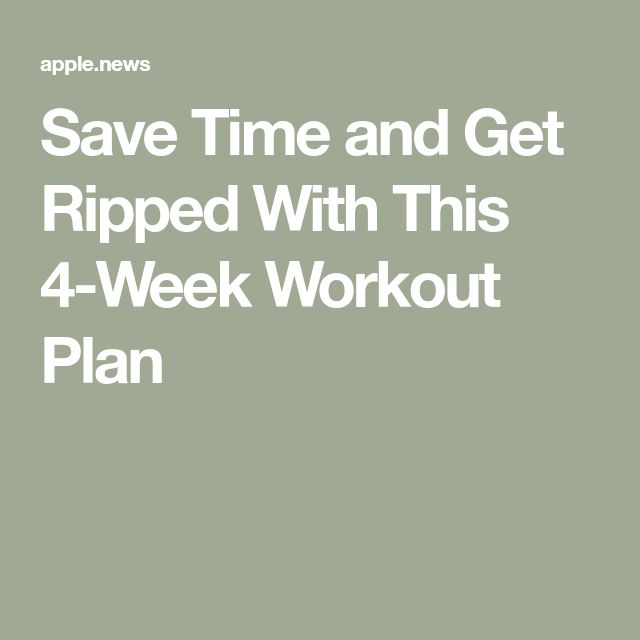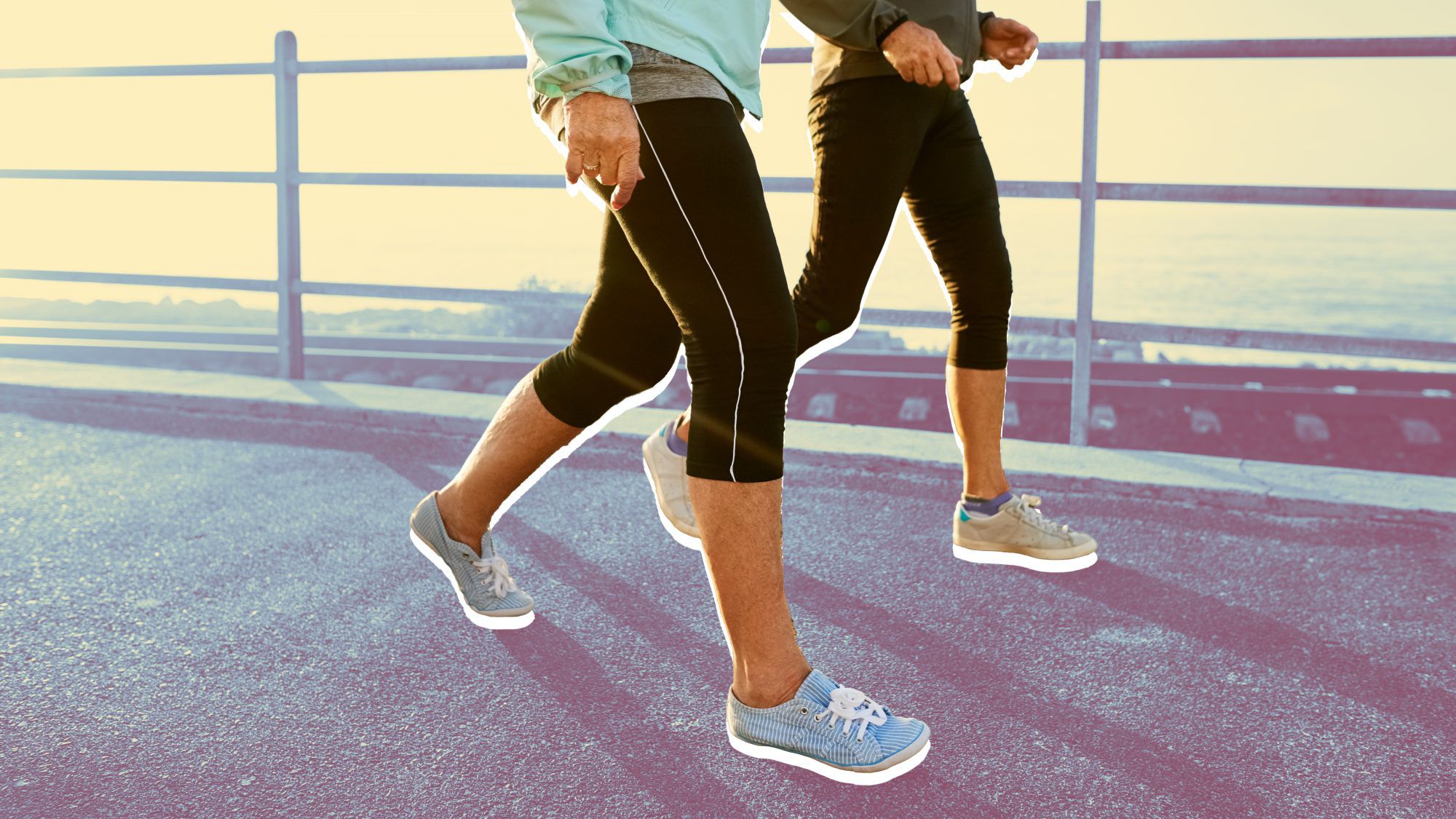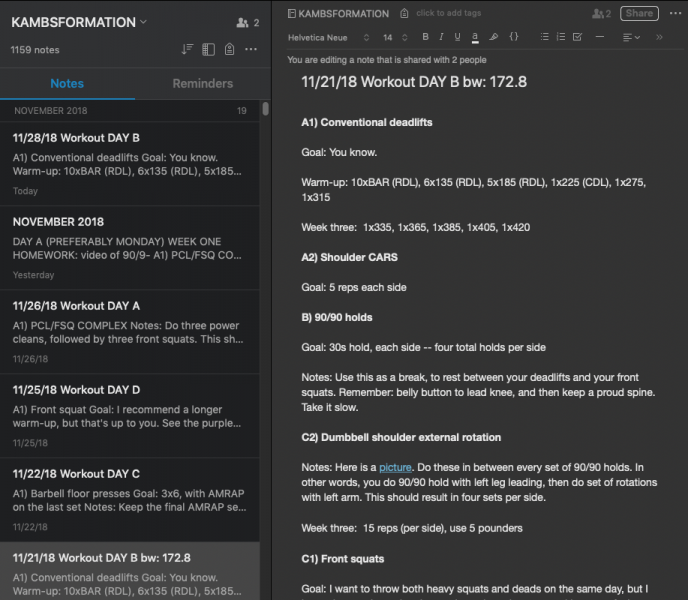
A youth fitness coach is a great option for kids to get started with a healthy lifestyle. Obesity is a problem for many children in school. Even the smallest amount of physical activity can make a big difference. Research has shown that just 60 minutes per day of physical activity can significantly lower the risk of obesity. Also, a sedentary childhood could lead to asedentary adulthood.
AFPA
AFPA is an organization that provides certifications for health and fitness professionals. These credentials are amongst the best in their field. AFPA also offers continuing training programs in youth and family health. You can earn up to 16.0 CEC/CEU credits through its certification programs.

NASM
NASM certification allows you train young athletes and coaches in basic nutrition and fitness. These certificates are nationally recognized and can help to you reach your goals.
ACE
As a Certified ACE Youth Fitness Trainer, you will be helping to shape tomorrow's leaders. A healthy future for our youth is more important than ever with the growing obesity rate. Studies have shown that children who exercise regularly in their childhood are more likely than adults to maintain a healthy lifestyle. Your children's fitness and health can be improved by educating their parents, coaches, and other health care providers.
ACE Youth Fitness
The ACE youth fitness specialist program is designed for youth to learn age-appropriate, safe physical fitness strategies. Its purpose is to help youth develop healthy habits and become more physically active. This program is beneficial to all ages of children and can have a positive impact on their health and well-being throughout adulthood.
IYCA
The IYCA is a great place to start if you're interested in being a youth trainer. This certification is one of the most complete and extensive in the industry. It blends science and art, coaching young people to improve their overall health and fitness. After completing the course, you will be eligible for the IYCA Youth Fitness Specialist exam.

TuffStuff
TuffStuff Youth Fitness Compact Plate Trainer is an age-appropriate exercise tool that can help your child design a fun and safe exercise program. It can be used at home, school and in the community by youths. It is the exclusive supplier of the National Foundation of Governors' Fitness Councils. Its unique design allows users to adjust it to their heights.
FAQ
What is the importance of good nutrition?
Good nutrition is vital for our health. Healthy diets include whole grains, fruits and vegetables as well as lean protein and dairy. Eating nutritious foods helps us stay fit and active, which leads to better overall health.
Is it possible that you can be too thin?
Yes! Eating disorders and being overweight are both dangerous. It's not normal to weigh less than what your height should be. Other symptoms include feeling tired, weak and dizzy.
Can I eat when I'm working out?
Yes. Yes. You should choose low-calorie snacks, such as watermelon (carrots, celery), apples, bananas and grapes. These foods provide nutrients that improve your performance during exercise.
What is exercise good for?
Exercise helps you lose weight and build muscle mass. It also increases energy levels, decreases stress, and improves sleep quality. The benefits of exercise include improved moods, better self-esteem, increased productivity, and reduced risk of heart disease.
Is it safe?
It's a good idea to exercise outside as often as possible. While the air temperature is a major factor in determining whether or not it's safe to exercise outside, it's not the only one. The factors that determine whether it's safe to exercise outdoors include wind speed, humidity, rain, visibility, and even visibility. Layers of clothing should be worn if you are exercising outside in inclement temperatures.
Do I lose weight if I exercise?
Yes. Regular exercise will help to reduce weight by burning more calories. Regular exercise can help you burn calories even when your metabolism is not high.
Statistics
- Globally, 81% of adolescents aged 11-17 years were insufficiently physically active in 2016. (who.int)
- One study showed that adults who watch more than 4 hours of television daily had an 80% higher risk of death from cardiovascular disease. (heart.org)
- Physical activity confers the following maternal and fetal health benefits: a decreased risk of pre-eclampsia, gestational hypertension, gestational diabetes (for example, 30% reduction in risk) (who.int)
- An estimated 110,000 deaths per year could be prevented (cdc.gov)
External Links
How To
How to Burn Belly Fats Quicker
When we are trying to lose weight, belly fat is often seen as a problem. It's actually a good thing, in fact. Your organs are protected by the fat around your stomach. Let's now see how to quickly lose belly fat.
The main factors that contribute to our body fat accumulation are stress and inactivity. Stress makes us feel hungry constantly because it stimulates the production of the cortisol hormone. Cortisol increases insulin levels in our blood. The insulin then stores extra calories as fat. The release of adrenaline from our bodies causes increased appetite. These extra calories are broken down through exercise.
There are many methods to lose belly fat. Depending on your budget, you can try each one. These tips will help you quickly get rid of belly fat.
-
Reduce your food intake. Don't eat three large meals at once. You will eat less calories in general.
-
Drink lots of water. Water flushes out toxins in your body and helps you stay hydrated. Water before each meal can help you feel fuller longer and reduce your appetite so that you don't overeat.
-
Avoid unhealthy snacks. If you're looking for quick fixes, snack foods like chips, cookies, candies, etc. This might be tempting. Avoid these unhealthy treats. They are full of empty calories, too much sugar, and can be very fattening. Choose healthy alternatives like fruits and vegetables, nuts, seeds, whole grains, and seeds.
-
Strength training should be done at least three times per week. Strength training builds muscle mass which burns more calories even while resting. It also strengthens bones, muscles, ligaments, tendons, the heart, lungs, and joints.
-
Walk or stretch regularly. Stretching increases flexibility and mobility. It also reduces back pain. Walking is great for burning calories, especially brisk walking for 30 minutes.
-
Reduce alcohol intake. Alcohol adds empty calories to your diet and has no nutritional value whatsoever.
-
Slowly lose weight. First, determine your current weight. Then calculate your ideal weight by adding 5% to 10% of your total body weight. Once you have calculated your target body weight, you can begin to cut calories by 500-1000 calories every day until your goal is reached.
-
Avoid processed foods. These foods are high-in salt, sugar, as well as preservatives. Processed foods are often very convenient but don't provide enough nutrients to keep you healthy.
-
Don't skip breakfast! Consuming breakfast increases concentration, memory and energy levels. Breakfast should include protein (like eggs), fiber (like oats), and complex carbohydrates (like oatmeal).
-
Have regular bowel movements. Constipation and irregularity can cause gas and bloating. You can prevent this by drinking lots of water and increasing your fiber intake.